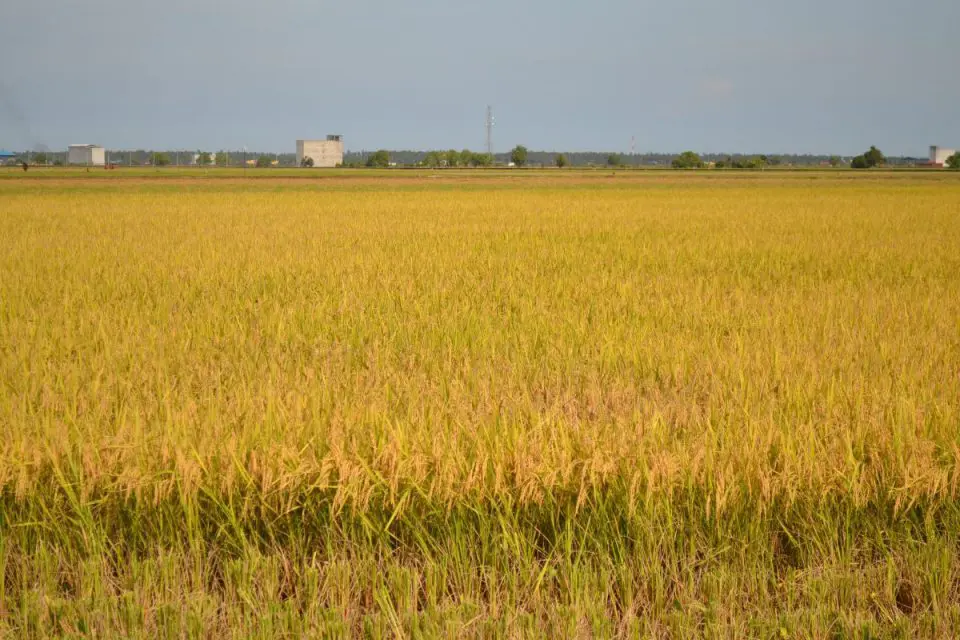KUALA LUMPUR, Nov 16 — The Covid-19 pandemic, which resulted in the closing of Malaysia’s borders, has prompted the Ministry of Agriculture and Food Industries (Mafi) to raise the target for local rice production to 75 per cent in the future.
Minister Datuk Seri Dr Ronald Kiandee said the higher local rice production will help the government reduce its dependency on imported rice, especially from neighbouring countries.
“Before this, we were comfortable with a policy of 70 (per cent local) / 30 (per cent imported), and this will be increased to 75 per cent for the next coming years. We need to boost rice production on a large scale,” he told the media when commenting on Budget 2021 at the Farmers’ Organisation Authority here today.
Kiandee was reported to have said that the country’s certified padi seed production by nine government- accredited padi seed producers is at 74,000 tonnes per season, compared to a nationwide demand of 72,000 tonnes by farmers.
When tabling the Budget on November 6, Finance Minister Tengku Datuk Seri Zafrul Tengku Abdul Aziz announced a RM4.79 billion allocation for MAFI, including RM3.28 billion in operating expenditure.
Kiandee said several steps had been identified to meet the 75 per cent target, including expanding the areas of rice cultivation, using suitable fertiliser and improving irrigation systems to boost yield.
“Rice production is different between areas, because of the difference in soil fertility between the north and south, in Selangor, and Perak, for example. We have also prepared some funds for soil profiling.
“We hope that the private sector will get involved in large-scale rice cultivation. This will hopefully boost the country’s rice production and reduce our dependency on imported rice,” he said.
Regarding the perception that the country’s agriculture and fisheries industries are not able to offer high incomes, Kiandee said his ministry was aware of the matter and various efforts have been made to attract youths to enter these sectors.
“It’s quite surprising that the agriculture and fishery sectors are often linked to poverty, as these sectors are the best mechanisms in the effort of reducing poverty.
“There is a lot of empirical evidence showing that the best effort to eliminating hardcore poverty is by increasing agricultural productivity to boost farmers’ incomes, stabilising the country’s food supply and providing cheap and easily accessible food for the growing population,” he said.
Kiandee said the ministry is always open to working with any party, including government agencies, with unused land for development projects that can be utilised for agricultural activities.
Besides this, the state governments have been asked to resolve land issues in their respective states so that the land can be used for crops or to rear livestock, he said.
Touching on meat production, Kiandee said the Cabinet committee on food security recently discussed methods to reduce dependency on imported meat, ensuring the country’s meat supply and boosting the incomes of industry players.
“The committee has suggested establishing a National Ruminant Authority to achieve these goals, including increasing projects to rear livestock such as cows, buffaloes and goats throughout the country,” he said.
— Bernama





